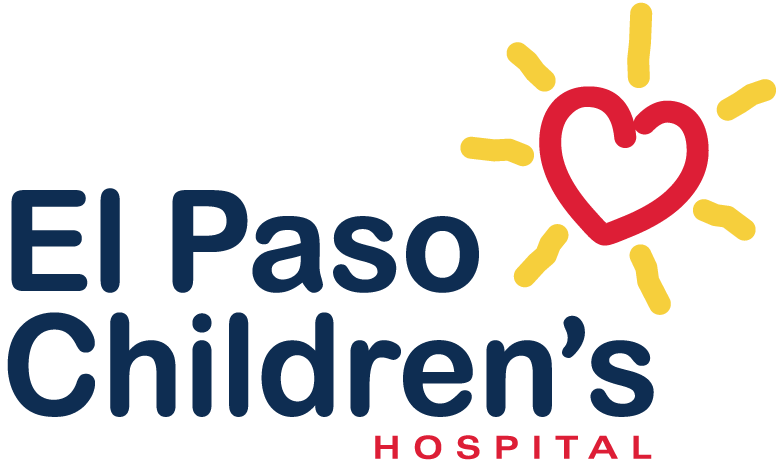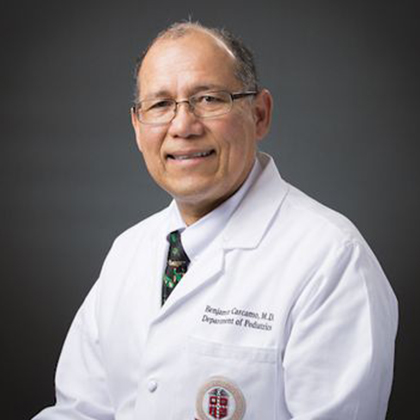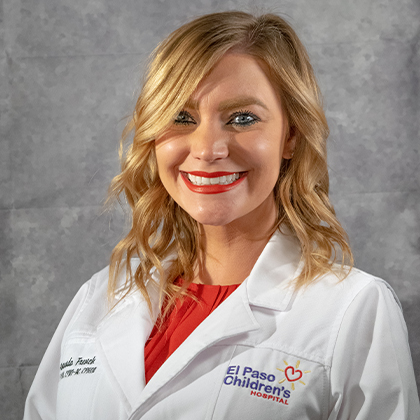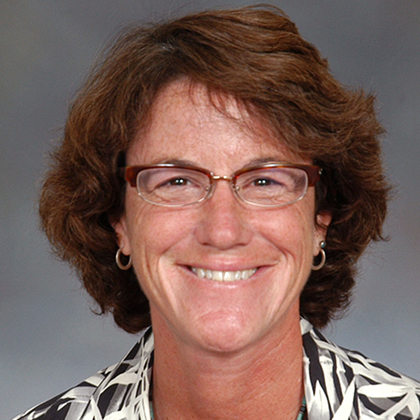Southwest University
Pediatric Blood and Cancer Center
Pediatric Blood and Cancer Center
The El Paso Children’s Hospital Blood and Cancer Center resides on the 7th floor as a 24 bed unit providing 24 hour care to infant through young adults. It is an interdisciplinary team consisting of hematology/oncologists, nurses, child life specialists, and social workers working collaboratively to optimize care and outcomes. The Blood and Cancer Center also provides an onsite infusion outpatient clinic.
The Southwest University Pediatric Blood and Cancer Center
is the only certified Children’s Oncology Group (COG)
center in a 350-mile radius.
is the only certified Children’s Oncology Group (COG)
center in a 350-mile radius.
The Southwest University Pediatric Blood and Cancer Center is the only certified Children’s Oncology Group (COG) center in a 350-mile radius.
Conditions treated but not limited to:
Conditions treated but not limited to:
- All pediatric cancers
- Leukemia
- Brain tumors
- Soft tissue sarcomas
- Bone tumors
- Kidney and liver tumors
Programs and activities to improve patient care
Programs and activities to improve patient care
Children’s Oncology Group (COG)
The Southwest University Pediatric Blood and Cancer Center at El Paso Children’s Hospital is the only certified Children’s Oncology Group (COG) center in a 350 mile radius. COG is the largest pediatric oncology group in the world that provides access to clinical and biological protocols to institutions that meet their eligibility criteria. The treatment of pediatric cancer is moving very fast and the only way to provide the latest care is to participate in these protocols. As members of COG, the hospital has access to the protocols available at any other hospital in the nation.
Cancer Survivor and Late Effects Clinic
This program serves the needs of the growing population of cancer survivors five years from diagnosis and/or two years from treatment. These children go through surgery, chemotherapy, radiation, transfusions and are at risk of a number of medical problems. Unfortunately continuity of care is frequently lost when treatment ends or when they move on or get older. Our program makes an analysis of the treatment received and complications of treatment and makes a personalized surveillance program. Late effects are identified and addressed.
Passport for Care (PFC)
Cancer survivors are enrolled in Passport for Care (PFC), a web-based clinical tool that provides access to treatment summary, individualized evidence- and consensus-based screening guidelines, and follow-up information to the hematology oncology physicians and educational materials in English and Spanish to the childhood cancer survivors and/or their parents through written material and a secured web-based PFC survivor portal. The web-based portal is active and enrolled patients can access their information and educational resources online in Spanish and English.
Tumor board
To improve the care of our patients all newly diagnosed cancer patients are presented at a weekly tumor board with the attendance of pediatric oncologists, radiologists, pathologists, surgeons, orthopedic surgeons and other subspecialties relevant to the specific patient. Nurses, pharmacist, social workers and child life specialists are also in attendance. The clinical presentation, physical, radiological and pathological findings are presented, staging and risk factors are discussed, relevant protocols and current literature presented, and a multidisciplinary treatment plan is developed.
Patient Care Conference
Weekly meeting are held with physicians, clinical and research nurses, and pharmacists and all complex cases are discussed by the patient’s primary oncologist. The purpose of this meeting is to make the group aware of any issues related to the patient’s care and to make changes in treatment plan as a group. The group is comprised by physicians with different backgrounds, training, experiences and strengths and this is a great format that gives the team the opportunity to share ideas. Patients benefit from the different perspectives and expert knowledge.
Hematology Rounds
To improve the care of hematology patients the hospital holds a monthly meeting with our hematology oncology physicians, pathologists, pharmacists and nurses to present clinically complex and challenging hematology cases and to review the relevant and up to date literature in order to create treatment plans.
Our Team
Testimonials
JJ from Las Cruces
Meet our CMN Champion – Weston
Family Support
Therapeutic Arts
The Therapeutic Arts program at EPCH uses art to support the social, emotional, psychological, physical, and developmental needs of children and their families from diagnosis through treatment. In art therapy sessions a variety of materials may be used including painting, drawing, clay, and sculpture to help children and their families process their medical experiences.
Social Workers
Our social workers can be a primary source of help. They can provide a good orientation to the clinic, are aware of special problems facing young patients and their families, provide information on how to get help from outside community agencies, and address many other nonmedical issues.





